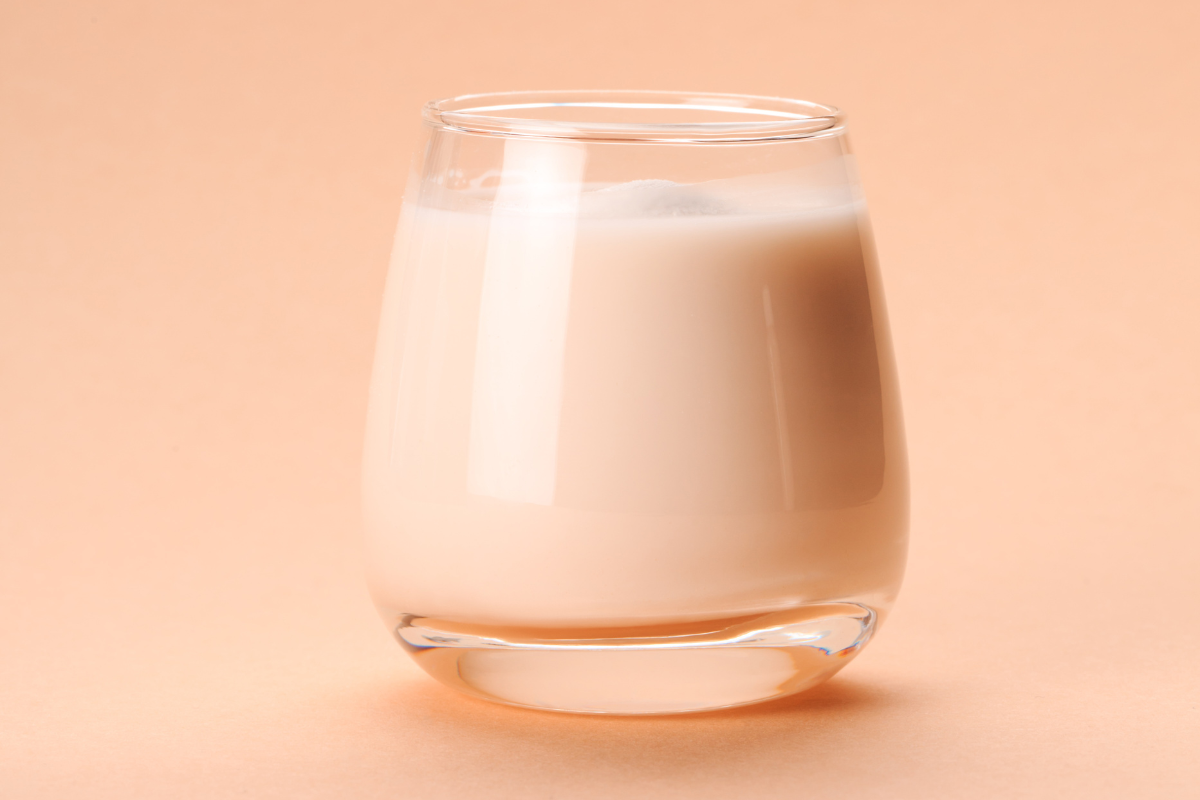Marine collagen for the skin

Marine collagen for the skin
What is the best collagen for skin?
Fish collagen definitely tops the list. While there are benefits associated with all animal collagen sources, fish collagen peptides are known to have the best absorption and bioavailability. This is because collagen from fish has a smaller particle size. Bioavailability is very important because it largely determines the effect of the nutrient you ingest.
How is marine collagen from fish absorbed into the body?
Fish collagen is absorbed up to 1.5 times more efficiently in the body and has superior bioavailability, compared to collagen from chicken or pork. Because it is absorbed more efficiently and enters the bloodstream faster, collagen from fish is considered the best collagen source, and this also applies for medicinal purposes.
The fact that collagen from fish has the ability to be more easily absorbed by our bodies is due to its lower molecular weight and size. This further makes it possible to absorb collagen from fish at a higher level through the intestinal barrier into the bloodstream, to then be carried throughout the body. Which then leads to increased collagen synthesis in the tissues, bones, skin and many other essential body systems. Since we don't tend to eat parts of the fish that contain collagen (mainly skin, bones and fish scales), two options remain: make homemade fish broth or eat collagen peptides from fish or beef.
What is fish collagen?
Fish collagen is a complex structural protein that helps maintain the strength and flexibility of skin, bones, muscles, tendons, ligaments, cartilage, blood vessels, gums, eyes, nails and hair. Collagen from fish is of type 1, the type of collagen that occurs most in the human body. Type I collagen is best known for creating the foundation for beautiful skin, strong connective tissue and strong bones. Fish collagen peptides have a very specific amino acid composition, with a high concentration of glycine, hydroxyproline and proline. When fish collagen is ingested, the hydroxyproline peptides are not completely broken down into free amino acids, and can therefore be detected in the blood. These hydroxyproline peptides stimulate cells in the skin, joints and bones, generating increased collagen synthesis through cell activation and growth.
What are the health benefits of collagen from fish, marine collagen?
1. Anti-aging
Since collagen from fish is a type 1 collagen, and type 1 collagen is what our skin is made of, it is not surprising that it can benefit the skin. Collagen from fish helps prevent and improve any signs of skin aging. Possible skin benefits of consuming collagen from fish include improved smoothness, better moisture retention, increased elasticity and the prevention of deep wrinkles.
Hydrolyzed collagen from fish consists of small peptides with low molecular weight, which are easily digested, absorbed and distributed throughout the human body.
Research published in 2015 in the "Open Nutraceuticals Journal" indicates how many clinical trials have now been conducted, demonstrating the efficacy and benefits of collagen peptides on skin properties, including hydration, elasticity and reduction of wrinkles.
Researchers conclude that hydrolyzed collagen from fish is a smart weapon in the daily fight against the unwanted, visible signs of aging.
2. Better healing and regeneration of bones
Fish collagen has the ability to increase the body's own natural collagen production. In the past, studies have also shown that collagen peptides from fish can have a positive effect on bone health by increasing the density of the minerals in the skeleton and exerting anti-inflammatory activity in osteoarthritis.
The goal of a study conducted in 2013 was to determine the effects of fish collagen peptides on collagen synthesis, quality and mineralization. The results of the study showed that fish collagen has a positive effect on collagen synthesis and collagen quality. Researchers also found that the fish collagen was helpful in the mineralization in the matrix of bone-synthesizing cells in vitro (a living microorganism, cell, or biomolecule studied outside of its normal biological context. Common vessels for this purpose are test tubes and petri dishes). While this study did not involve humans, it shows how collagen from fish can aid bone healing and regeneration.
3. Better wound healing
As mentioned earlier in the text, collagen from fish is also considered the best collagen for medical purposes. The collagen from fish can help your next scratch, tear or larger wound to heal both better and faster. The wound's ability to heal is primarily based on collagen, which is important for wound healing, as it helps the body form new tissue. Type 1 collagen is the most overall structural component of the skin, so it's clear that if a person has more type 1 collagen in their body, it can help wounds heal faster.
It was previously thought that collagens were just structural supports. We now know that collagen and collagen-derived fragments control many cellular functions, including cell shape and differentiation, cell migration, as well as the synthesis of a number of important proteins. Collagen also plays a critical role in all phases of wound healing: hemostasis, inflammation, profiling and construction. So if you want your wound to heal quickly or soothe the wound, fish collagen is a safe bet!
4. Increased intake of protein
By consuming collagen from fish, you don't just get collagen - you get everything that collagen contains. Collagen from fish contains over 97% protein, without fat, sugar or carbohydrates, making it one of the absolute best sources of protein on earth. What it does have is a very distinct amino acid profile. Amino acids are organic compounds that combine to form proteins. Together with proteins, they are the building blocks of our bodies.
By increasing your protein intake, by consuming collagen, you can improve your workout, avoid muscle loss, and have a better recovery after your workout. More collagen proteins in your diet also help with increased weight loss.
5. Collagen's antibacterial ability
Research from Canada published in 2016 showed that fish collagen contains yet another impressive component. Collagencin, which is an antibacterial peptide from fish collagen. This recent study showed that collagencin completely inhibited the growth of Staphylococcus aureus.
Staphylococcus aureus, yellow staphylococcus, is a type of bacteria found in at least 50% of all healthy individuals, they occur mainly in the nasal opening. Despite that, they are not counted among the normal flora of humans, but are considered pathogenic bacteria. Staph infection is a very serious, highly contagious infection caused by bacteria that is usually found on the skin or in the nose. For the future, marine collagen looks like a promising source of antimicrobial peptides, which could improve both human health and food safety.
- Tags: Hud/Skin Kollagen/Collagen





